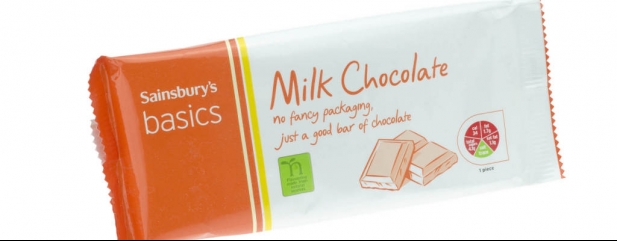Archived article
Please note that tax, investment, pension and ISA rules can change and the information and any views contained in this article may now be inaccurate.
Stakebuilders swoop on troubled firms including Sainsbury’s and HSBC

Various well-known stock market names with distressed share prices have attracted interest from third parties, potentially as a precursor to pushing for a change in strategy or making a takeover approach.
Stakebuilding is a popular tactic used by large shareholders before making an offer for the company. It also reduces risks if there is a bidding war and the share price rises, as the shareholder building a stake can sell at a profit if they aren’t successful with a takeover.
On the flipside, there is also concern that it can deter rival bidders and potentially deprive investors of higher offers.
Shares in banking giant HSBC (HSBA) surged at the start of this week after Chinese insurer Ping An upped its stake in the business to 8%, from 7.95% previously.
HSBC shares hit a 25-year low in September as concerns grew over the bank’s vulnerability to any fallout from worsening geopolitical tensions between China and the US, while it has also struggled with significantly reduced profitability amid low interest rates and more quantitative easing by central banks.
Supermarket Sainsbury’s (SBRY) saw a smaller share price bounce on news that investment vehicle Vesa Equity has acquired a 3% stake in the business.
Vesa, which has also built a 13.1% stake in Royal Mail (RMG), is now the fourth-largest shareholder in Sainsbury’s after taking a £125 million bet on the shares. In a statement Vesa called the business ‘an attractive investment opportunity for the long-run’.
Value investor Pzena has also appeared on Sainsbury’s shareholder register, disclosing a 5% stake taken in August. Sainsbury’s shares are trading at depressed levels as it battles with a lack of consistent growth.
Property developer British Land (BLND) has been the subject of takeover speculation after Canadian investor Brookfield Asset Management increased its stake in the firm to 9.2%, up from 7.3% previously.
Mainly owning Central London office blocks and regional retail property, two property sectors seemingly hit hardest by the coronavirus pandemic, British Land shares have almost halved year-to-date. The company now has a £3.2 billion market cap, but the value of its property portfolio stands at £11.2 billion.
Brookfield has previous form when it comes to making offers for distressed landlords. It was involved in a bid to take shopping centre owner Intu private in 2018 but ditched the proposal amid uncertainty over the outlook for the retail sector.
Fellow property firm Great Portland Estates (GPOR), which also owns Central London offices, has been in the sights of opportunistic investors too with private equity firm KKR snapping up a 5.4% stake in late September.
There’s also talk Kuwait’s sovereign wealth fund is looking to buy a stake in struggling aircraft engine-maker Rolls-Royce (RR.) as part of its £2.5 billion cash call.
Important information:
These articles are provided by Shares magazine which is published by AJ Bell Media, a part of AJ Bell. Shares is not written by AJ Bell.
Shares is provided for your general information and use and is not a personal recommendation to invest. It is not intended to be relied upon by you in making or not making any investment decisions. The investments referred to in these articles will not be suitable for all investors. If in doubt please seek appropriate independent financial advice.
Investors acting on the information in these articles do so at their own risk and AJ Bell Media and its staff do not accept liability for losses suffered by investors as a result of their investment decisions.
 magazine
magazine








